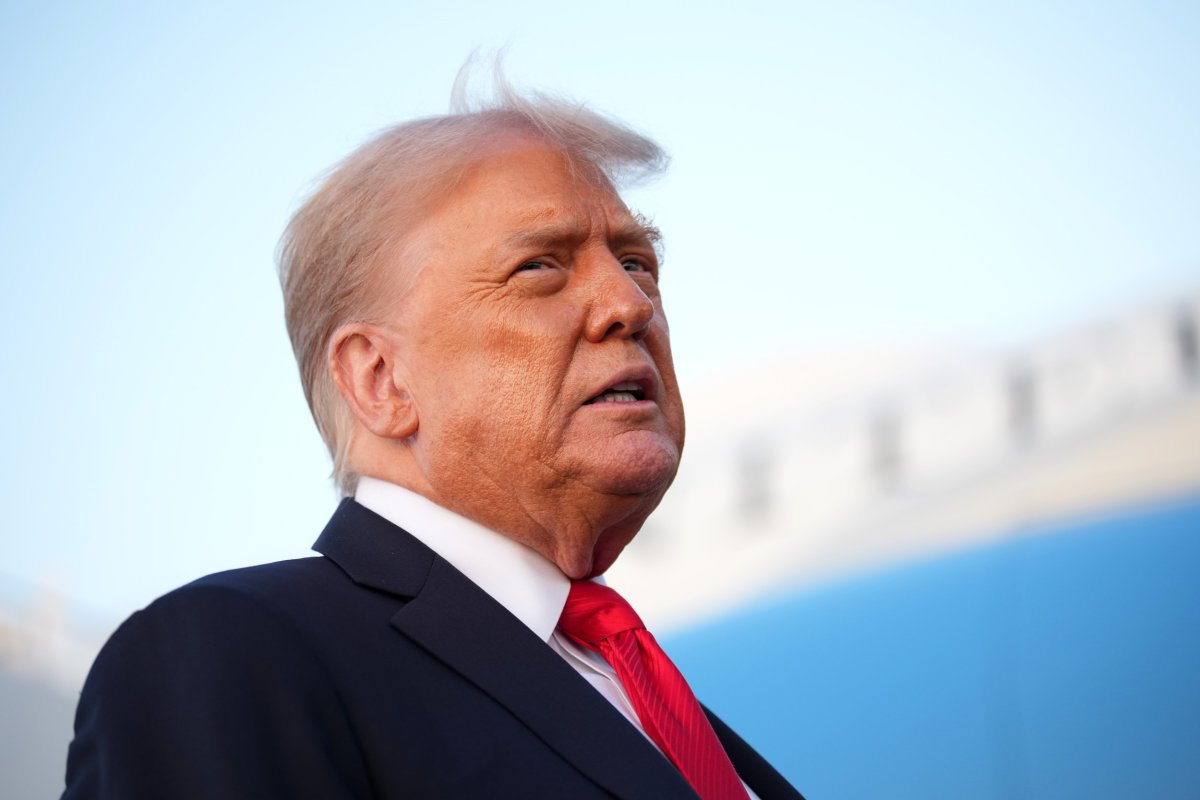The Trump administration has filed an application with the Supreme Court, requesting an emergency order that would allow it to retain billions of dollars in frozen foreign aid.
President Donald Trump had paused foreign aid spending through an executive order at the start of his term. But a district court issued injunctions requiring his administration to meet certain financial obligations related to foreign aid.
The case will clarify the lines and limits of executive power over spending previously approved by Congress, which, under the U.S. Constitution, has the power of the purse.
In its filing, the Trump administration requested that the Supreme Court stay the lower court’s decisions. It argued that the latest injunction “irreparably harms the Executive Branch.”
The crux of the legal fight centers on approximately $4 billion in congressionally approved aid that Trump stated in August he would not spend, invoking a disputed authority last used by a president roughly 50 years ago.
The government emphasized that it is already obligated about $6.5 billion in other expiring aid funds, arguing that the disputed $4 billion should remain frozen while Congress considers Trump’s proposal.
Last week, U.S. District Judge Amir Ali ruled that the administration’s decision to withhold the funding was likely unlawful.

Kevin Dietsch/Getty Images
Trump Used Pocket Rescission
Trump told House Speaker Mike Johnson, a Louisiana Republican, in a letter on August 28 that he would not spend $4.9 billion in congressionally approved foreign aid, inclusive of $900 million in contributions to the United Nations, effectively cutting the budget without going through the legislative branch.
He used what’s known as a pocket rescission.
That is when a president submits a request to Congress toward the end of a current budget year to reallocate the approved funds. The late notice means Congress cannot act on the request in the required 45-day window, and the money goes unspent.
Ali said Congress would have to approve the rescission proposal for the administration to withhold the money.
The law is “explicit that it is congressional action — not the President’s transmission of a special message — that triggers rescission of the earlier appropriations,” he wrote.
The administration counters that the injunction forces the executive branch to take steps that undermine its own policy, including negotiating with foreign governments over funds the president opposes and sending contradictory signals to Congress.
Some Foreign Aid Spending Still Going Ahead
Justice Department lawyers informed a federal judge last month that an additional $6.5 billion in aid, previously subject to the freeze, would be spent before the end of the fiscal year on September 30.
The case has been winding its way through the courts for months.
Nonprofit organizations that sued the government have stated that the funding freeze violates federal law and has halted funding for even the most urgent, lifesaving programs abroad.
This article includes reporting by The Associated Press.
Update 9/8/25, 10:59 a.m. ET: This article was updated with additional information.


